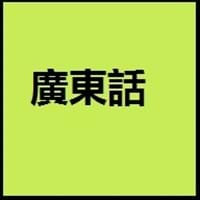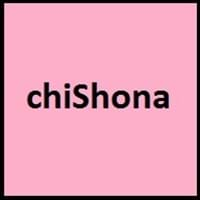Cantonese and Shona
- Cantonese have lot of slangs, many of them include words that do not make sense at all and some also have English in them.
- Even though Cantonese and Mandarin are dialects of Chinese, Cantonese has 8 tones instead of Mandarin's 4.
- Shona language is tonal language.
- The African people in Zimbabwe is made of 10 ethnic groups, each speaking a different languages, shona is spoken by 60 percent of population.
All Cantonese and Shona Dialects
Most languages have dialects where each dialect differ from other dialect with respect to grammar and vocabulary. Here you will get to know all Cantonese and Shona dialects. Various dialects of Cantonese and Shona language differ in their pronunciations and words. Dialects of Cantonese are spoken in different Cantonese Speaking Countries whereas Shona Dialects are spoken in different Shona speaking countries. Also the number of people speaking Cantonese vs Shona Dialects varies from few thousands to many millions. Some of the Cantonese dialects include: Guangzhou, Xiguan. Shona dialects include: Hwesa , Karanga. Also learn about dialects in South American Languages and North American Languages.
Cantonese and Shona Speaking population
Cantonese and Shona speaking population is one of the factors based on which Cantonese and Shona languages can be compared. The total count of Cantonese and Shona Speaking population in percentage is also given. The percentage of people speaking Cantonese language is 16.00 % whereas the percentage of people speaking Shona language is 0.13 %. When we compare the speaking population of any two languages we get to know which of two languages is more popular. Find more details about how many people speak Cantonese and Shona on Cantonese vs Shona where you will get native speakers, speaking population in percentage and native names.
Cantonese and Shona Language Codes
Cantonese and Shona language codes are used in those applications where using language names are tedious. Cantonese and Shona Language Codes include all the international language codes, glottocodes and linguasphere.





